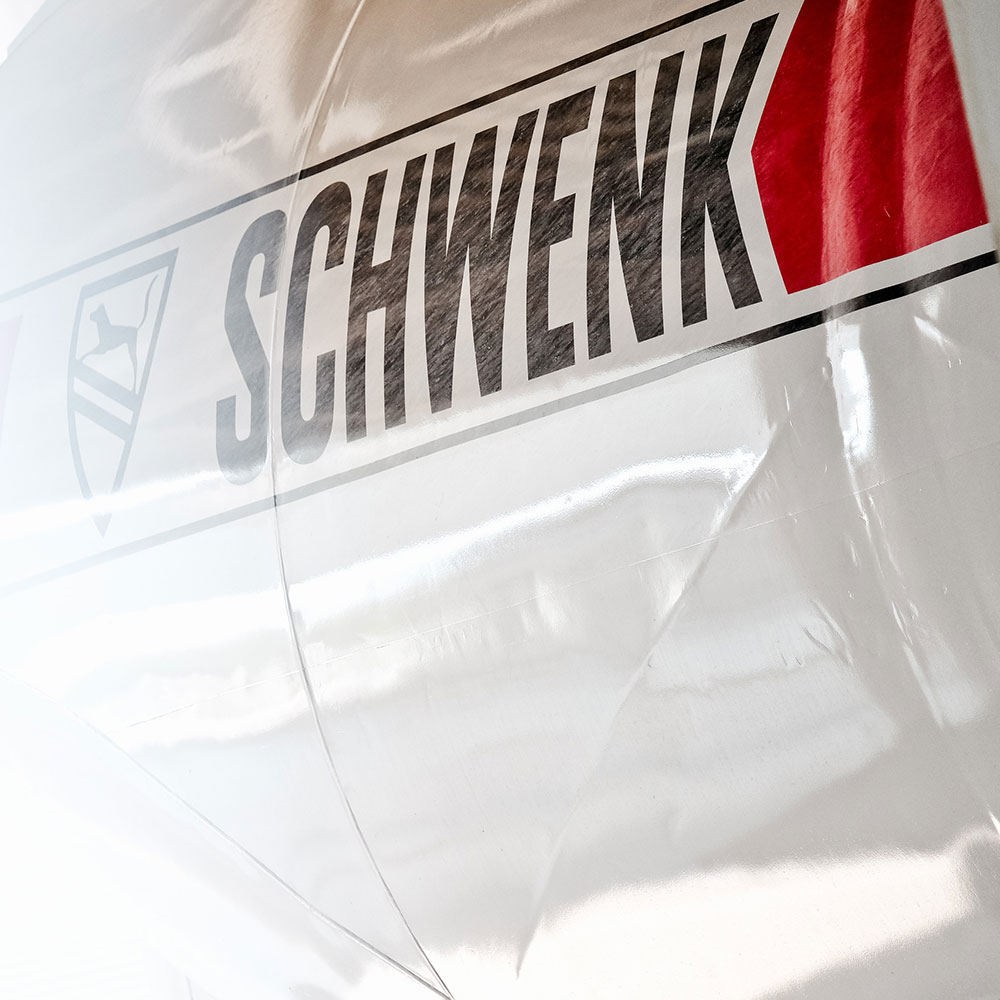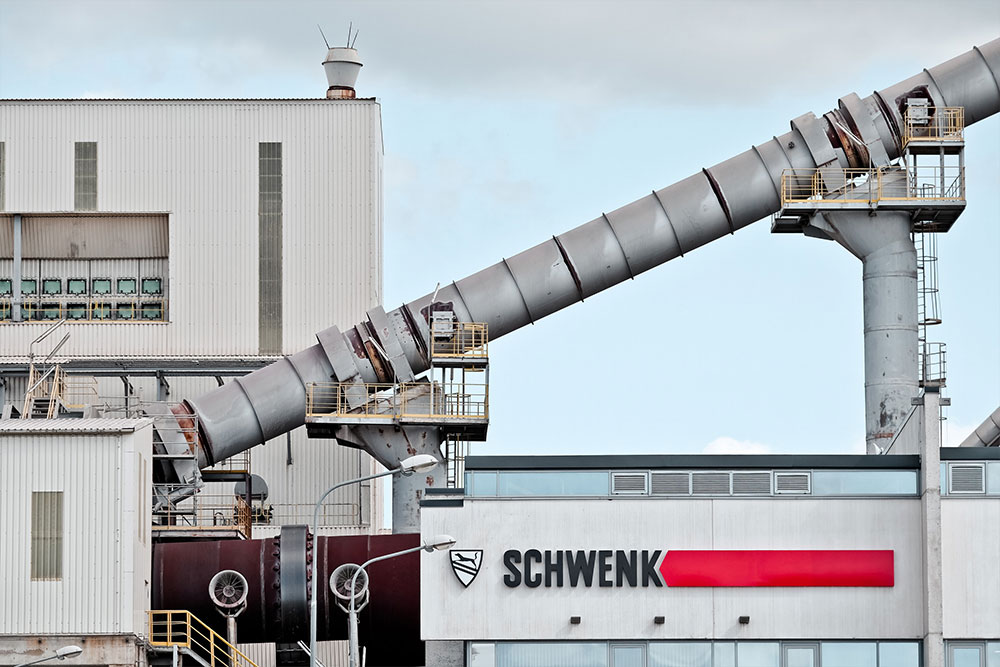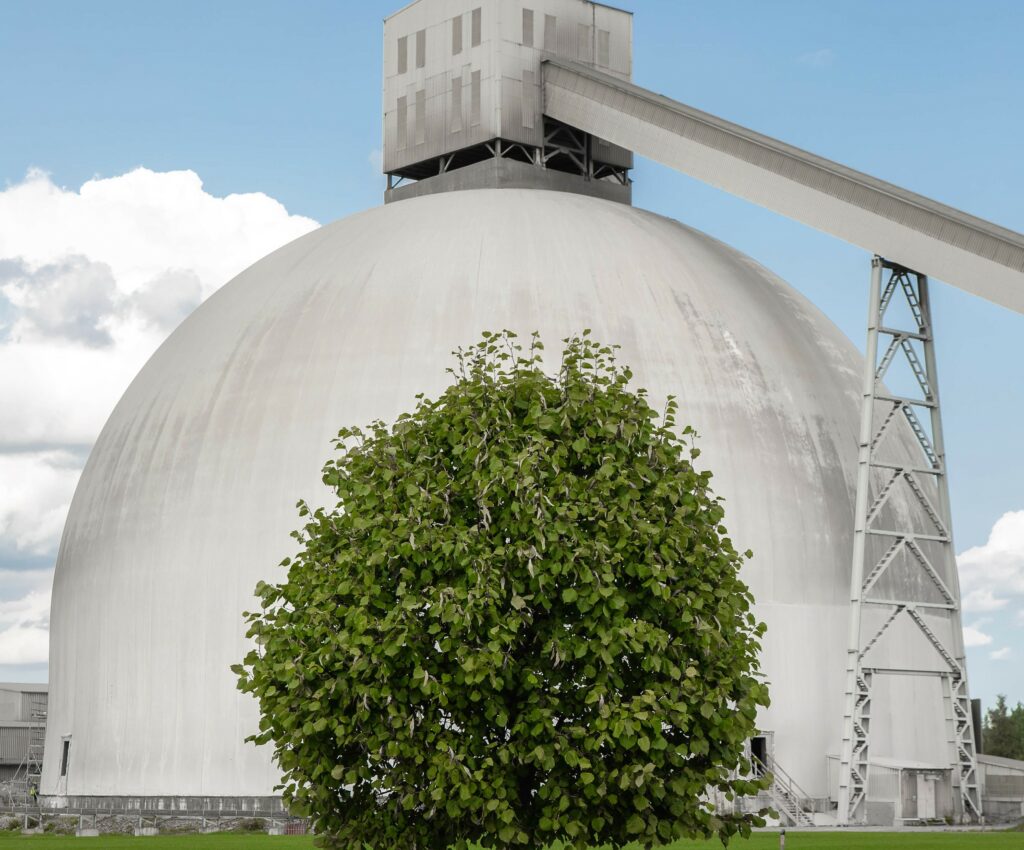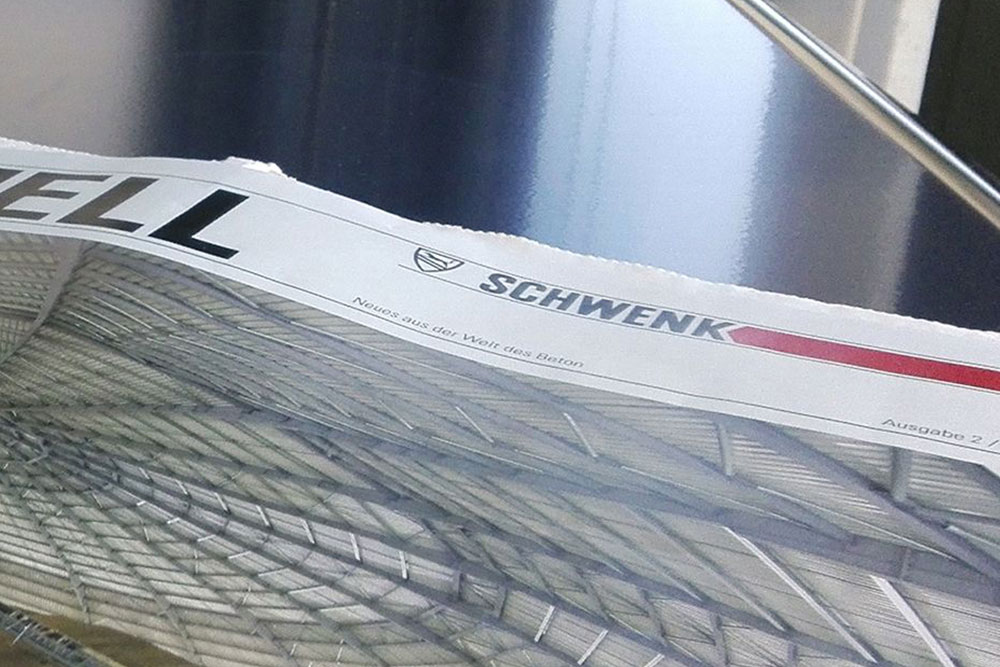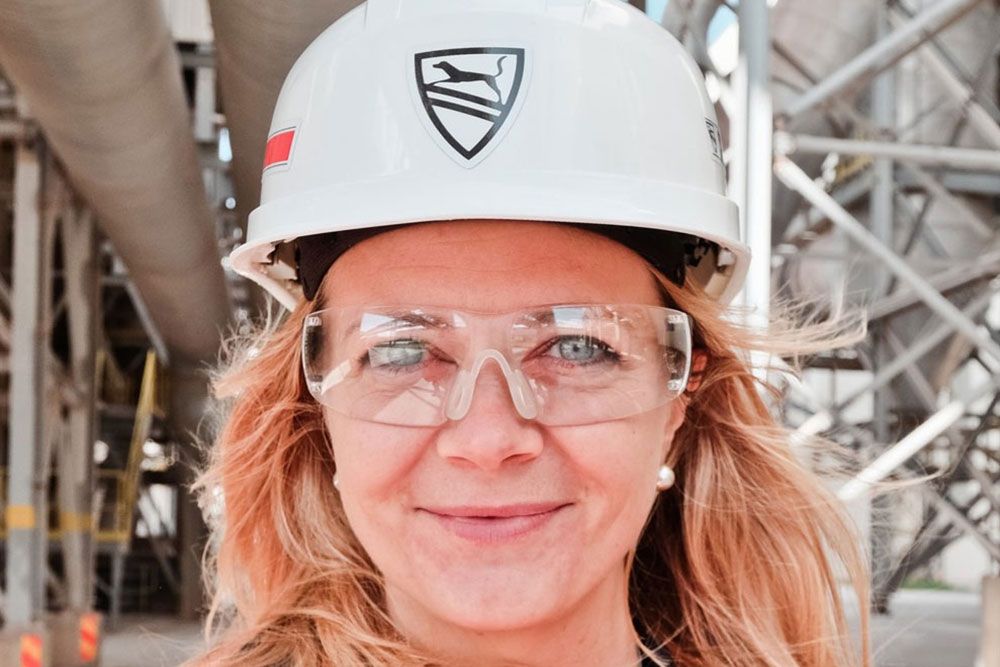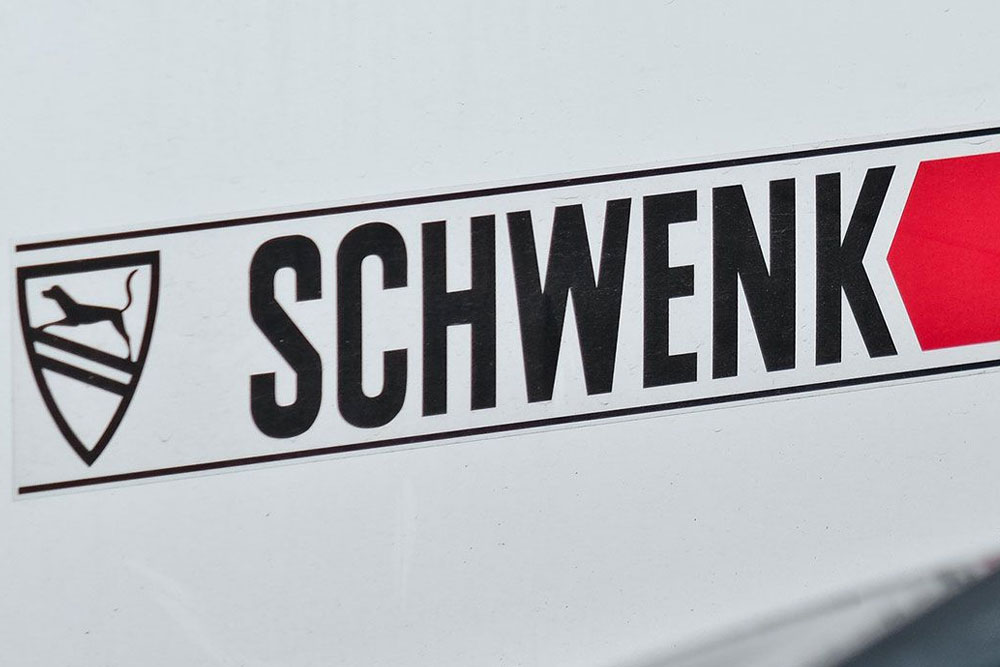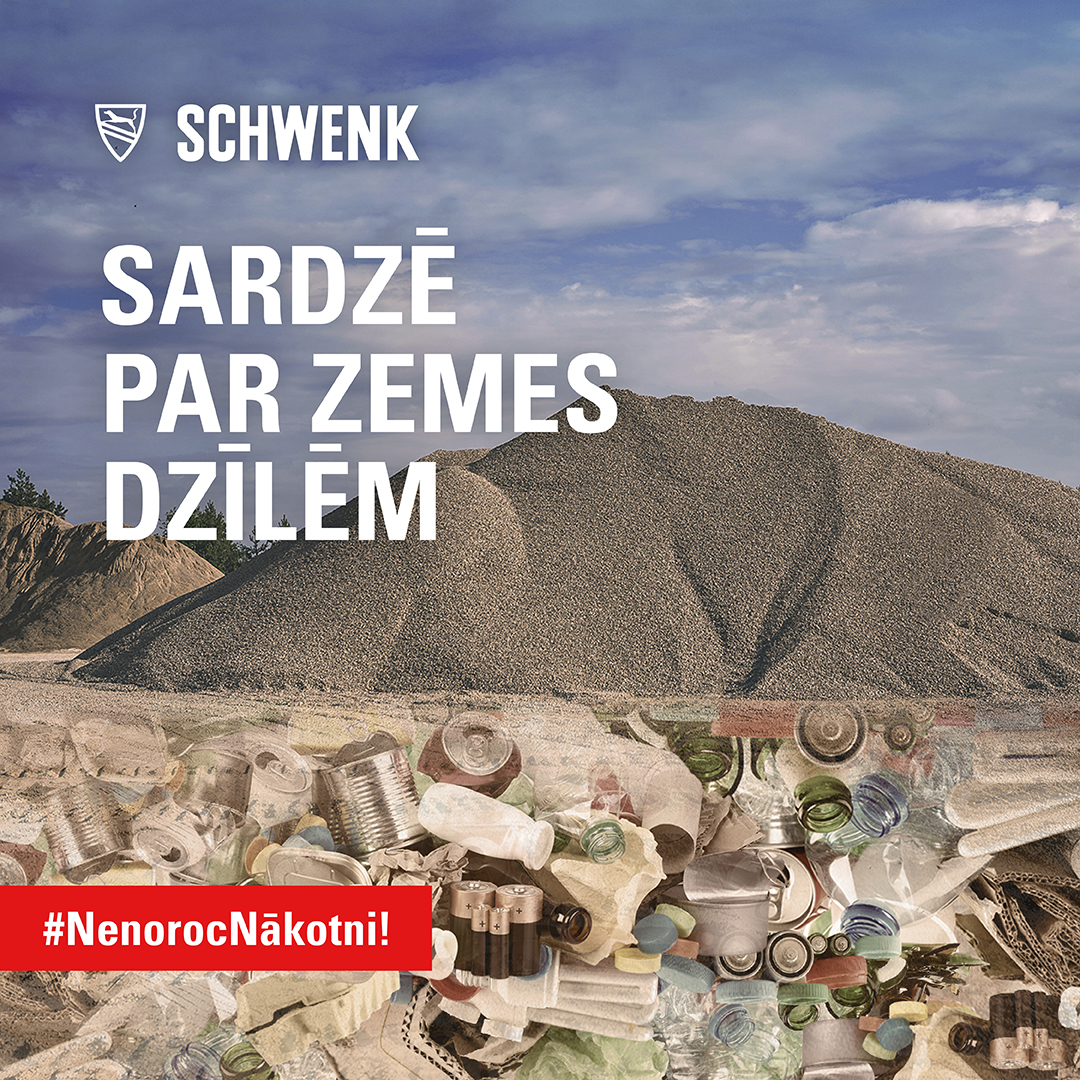
At the Conversation Festival LAMPA, we discussed the problems related to the subterranean depths and construction debris
In Cēsis the stage APGAISMO (LIGHT UP) hosted a discussion “Guarding the subterranean depths – #NenorocNākotni!” initiated by SCHWENK Latvija. The main objective of the discussion was to raise the issue of mineral resources’ extraction and problems with the reuse and illegal disposal of construction debris, to achieve practical action in the arrangement of supervision and control and in the improvement of the regulatory framework of the industry.
The discussion was moderated by Dace Helmane, Head of the Institute of Corporate Sustainability and Responsibility, and discussions were provided by Evita Goša, Member of Management Board, Environmental and Legal Director of SCHWENK Latvija, Artūrs Jansons, Member of the CSR Latvia, Elita Baklāne-Ansberga, Director General of the State Environmental Service, and Dace Cīrule, Head of the Green Economy Development Working Group of the Council of Foreign Investors in Latvia (FICIL).
At the end of the discussion, E. Goša pointed out that “cheap in the short term will be expensive in the long term”, because the depths of our earth are not inexhaustible, thus the issue of reusing recycled construction debris in construction is essential. The disposal of unsorted construction debris in excavated quarries is not allowed, as they cause pollution, which results in irreversible consequences for the environment and people. Extraction of minerals without permits, non-payment of taxes, illegal disposal of unsorted construction debris contributes further flourishing of a series of other problems, including corruption and shadow economy.
The main conclusions: the legislators should immediately develop the national subterranean depths management policy, set strict requirements for municipalities, promote civil responsibility, regularly inform and educate the society to raise awareness about the recognition and reporting of violations, strengthen the capacity of responsible competent institutions, especially the resources and performance of the State Environmental Service.

